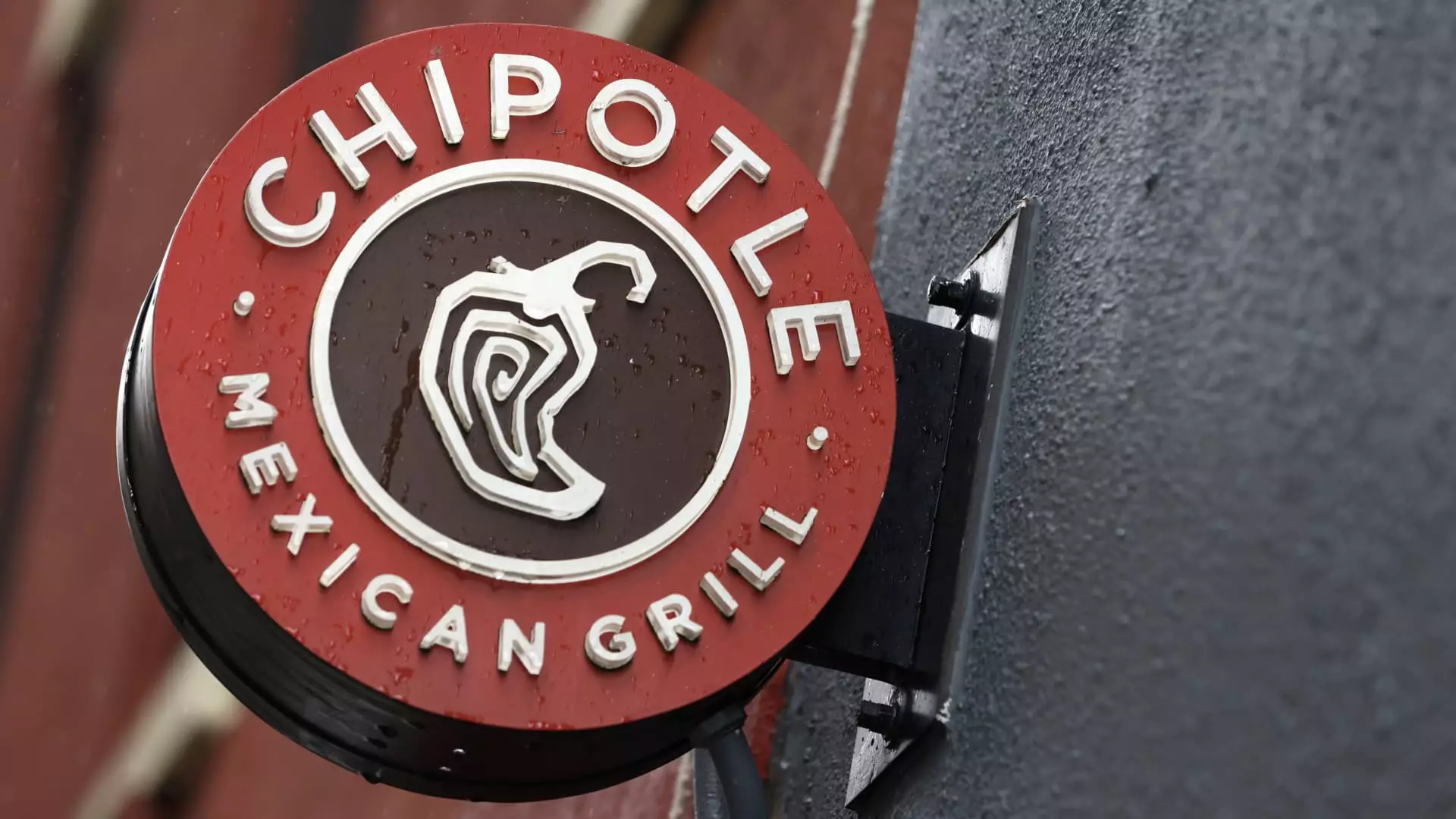The performance of major tech companies profoundly impacts the broader stock market, shaping investor sentiment and influencing market trends. However, it is crucial to remember that a single quarterly earnings report should not dictate an investor’s long-term strategy. Renowned analysts on Wall Street dissect these reports meticulously, not merely for the numerical outcomes, but to understand how companies navigate broader economic challenges. They recognize that the ability to manage short-term fluctuations while ensuring sustainable growth is the hallmark of a resilient investment. Here, we delve into three intriguing stocks that have captured the attention of top analysts, as highlighted by TipRanks.
Fiserv: Leading the Charge in Digital Transactions
First on the list is Fiserv (FI), a titan in financial technology services that has recently garnered positive attention following its impressive third-quarter results. The company reported a 17% increase in adjusted earnings per share year-over-year, driven by a robust 15% organic revenue growth. These metrics caught the eye of Tigress Financial analyst Ivan Feinseth, who took a bullish stance by raising his price target from $190 to $244, maintaining his “buy” rating.
Feinseth’s confidence in Fiserv stems from the ongoing shift towards digital payment solutions, a trend that has accelerated in recent years. He highlighted the company’s persistent revenue growth, largely attributed to its well-integrated financial services and strong client relationships. Fiserv is well-positioned to expand its market share, benefitting from its scalable distribution platform and commitment to innovation. Key initiatives include enhancing its Clover product line, broadening real-time payment services, and forming strategic partnerships. Analysts like Feinseth, who boast a 62% success rate, suggest that Fiserv presents a compelling investment opportunity backed by significant long-term growth potential.
Next, we examine Boot Barn (BOOT), a retailer specializing in western and work-related footwear and apparel. Recently, the company not only surpassed expectations in its second-quarter fiscal results but also raised its full-year guidance, signaling strength in its business model. Nonetheless, the company’s stock faced a downturn, primarily due to the announcement of CEO Jim Conroy’s impending departure. The market’s reaction may seem disproportionate, but it speaks to how leadership plays a critical role in investor confidence.
Baird analyst Jonathan Komp saw the post-earnings dip as an opportunity, upgrading Boot Barn from “hold” to “buy” while maintaining a price target of $167. He expressed surprise at the negative market reaction, emphasizing that the strength of Boot Barn’s remaining management team should provide stability. Komp’s bullish outlook is supported by Boot Barn’s ambitious plans to open 60 new stores, aiming for more than 15% annual growth in store counts for the third consecutive year. The company’s performance across various regions further underpins its potential for growth and attractive earnings. With a success rate of 54% for his ratings, Komp’s analysis reinforces the idea that strong fundamentals can recover from bouts of temporary instability.
Finally, we turn our attention to Chipotle (CMG), a fast-casual dining chain that recently released its third-quarter earnings. While the company exceeded adjusted earnings expectations, it fell short of sales forecasts despite a 3.3% increase in customer traffic. This mixed performance led Stifel analyst Chris O’Cull to reaffirm a “buy” rating with a price target of $70, reflecting cautious optimism about the chain’s potential.
O’Cull noted that Chipotle’s comparable restaurant sales growth of 6% was closely aligned with Wall Street’s expectations, suggesting that the company remains competitive in a challenging market. Notably, the analyst pointed out promising signs for the upcoming fourth quarter, fueled by successful menu items like smoked brisket, which is driving incremental sales and drawing in new customers. Efforts to optimize throughput, or how efficiently the restaurant processes orders, further highlight Chipotle’s focus on operational excellence. O’Cull’s insights emphasize that, with a success rate of 59%, Chipotle is well-placed to navigate current market conditions and leverage innovations to enhance its business.
While stock market fluctuations can be unsettling, examining company fundamentals, management strategies, and market positioning offers valuable insights into potential investment opportunities. As indicated by the analysts’ recommendations for Fiserv, Boot Barn, and Chipotle, a discerning approach can uncover promising avenues for growth—even amid uncertainty. The careful dissection of quarterly earnings within the broader context of industry trends and company strategies ultimately guides informed investment decisions.

